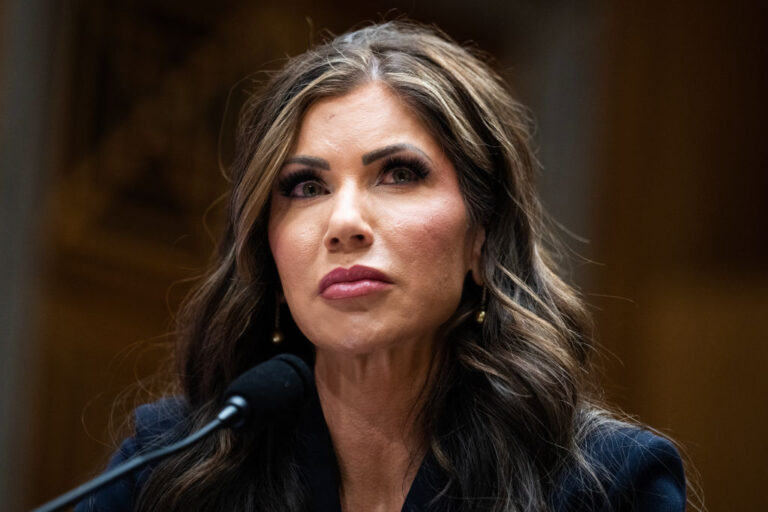The U.S. government has ended deportation protections for over 348,000 Venezuelans under Temporary Protected Status (TPS), a move announced by Homeland Security Secretary Kristi Noem on Monday. This decision, part of former President Donald Trump’s stricter immigration policies, could leave thousands vulnerable to deportation and the loss of work permits as early as April.
The Department of Homeland Security (DHS) cited “notable improvements” in Venezuela’s economy, public health, and crime rates as reasons for ending the protections. However, many Venezuelan families in the U.S. are now filled with fear and uncertainty about their futures. Ana Maria Pirela, a 26-year-old Venezuelan migrant with TPS, shared her concerns with Reuters. “I don’t know what will happen,” she said. “I’m two months pregnant, and my husband just lost his job. We don’t want to go back to Venezuela.”

Venezuelan activist Beatriz Olavarriat warned that the consequences of revoking TPS could be devastating. “Some people could face imprisonment or even lose their lives if they return,” she told NBC6 South Florida. “Those who have spoken out against the Venezuelan government could be jailed immediately upon arrival.”
This move reverses policies implemented during the Biden administration, which expanded TPS to over a million people from 17 countries, including Venezuelans fleeing political and economic turmoil. While the U.S. has historically struggled to deport Venezuelans due to strained diplomatic relations, Trump’s revised immigration policies have paved the way for this change.
For now, around 300,000 Venezuelans still hold valid TPS visas until September, but their future remains uncertain. Tatiana Vazques, a Venezuelan immigrant in Atlanta, expressed the growing anxiety within her community. “A friend and her spouse were detained by ICE just yesterday,” she said. “We’re living in constant fear.”
The Trump administration is also considering ending another Biden-era program that allows approximately 530,000 Cubans, Haitians, Nicaraguans, and Venezuelans with U.S. sponsors to live and work legally in the country. Sources suggest this decision could come within weeks.

Meanwhile, Venezuela’s economic crisis persists. Despite President Nicolas Maduro’s efforts to control inflation, the monthly minimum wage remains a mere $3. Maduro, who began his third term amid election disputes and U.S. drug trafficking charges, continues to face opposition both domestically and internationally.
Since the political and economic crisis under Maduro’s leadership worsened, over 7.7 million Venezuelans have fled the country, according to the United Nations High Commissioner for Refugees (UNHCR). The Venezuelan opposition has urged the U.S. to maintain TPS, emphasizing the dire conditions migrants would face if forced to return.


